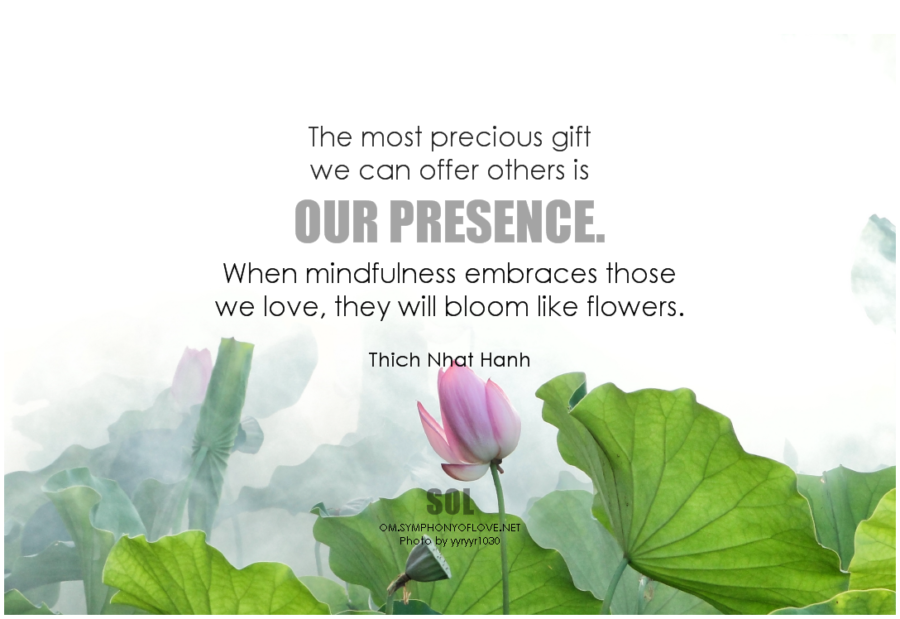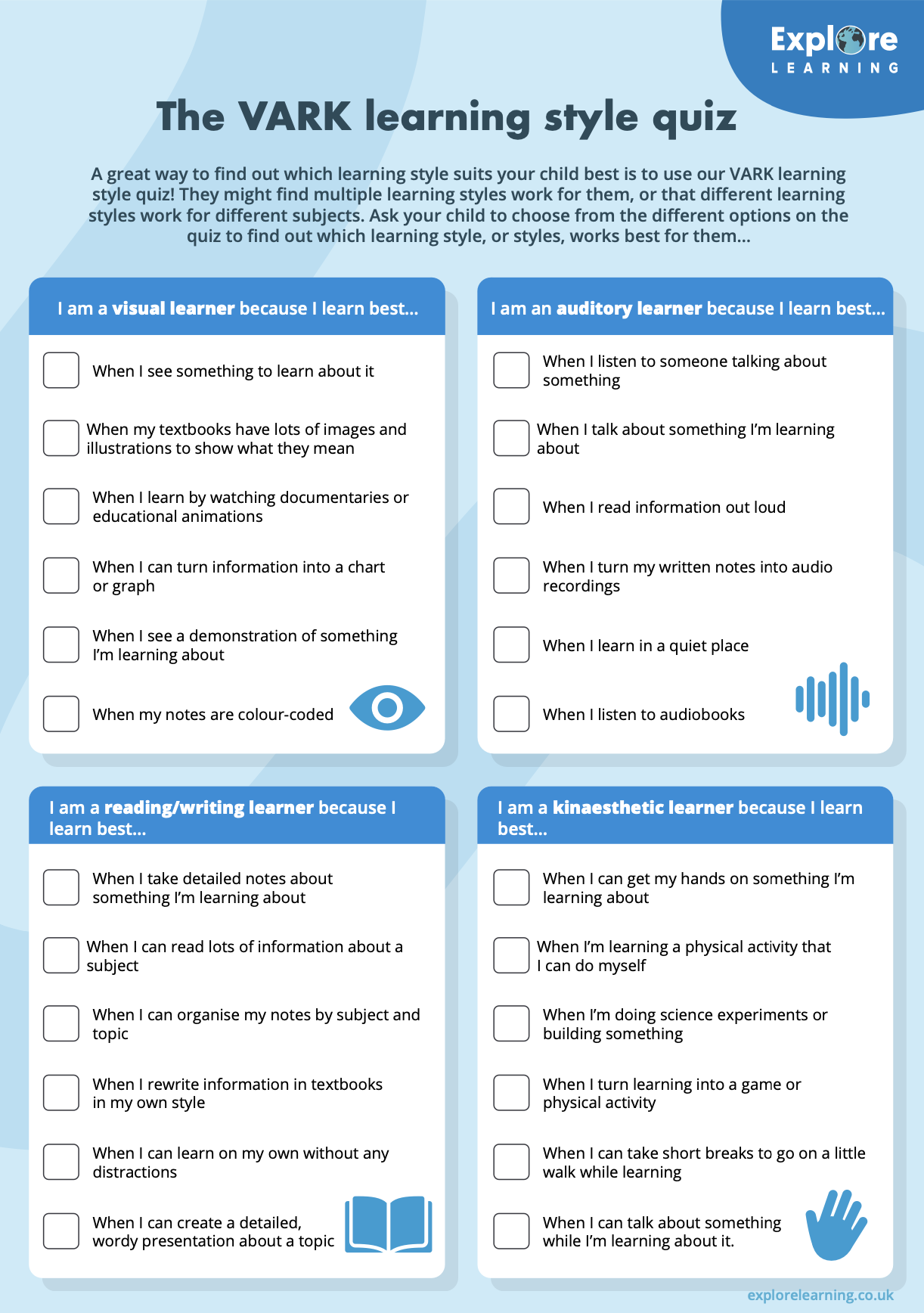
网站公告
more- Using A Mark... 25-04-19 11:07
- Trademark Re... 25-04-19 10:57
- Seo For Website 25-04-19 10:35
- Seo For Website 25-04-19 10:34
5 Ways Sluggish Economy Changed My Outlook On Autodidact Techniques
LarryDobson887812009 2025.04.14 21:05 查看 : 5
 Effective communication is the backbone of any successful relationship, be it personal or professional. In today's fast-paced world, the ability to convey your message clearly and efficiently is more crucial than ever. With the rise of remote work and digital communication, the lines between personal and professional relationships are becoming increasingly blurred. As a result, it's essential to develop strong communication skills to navigate these complex interactions. In this article, we'll delve into the world of effective communication, exploring its importance, key elements, and practical tips to enhance your relationships and achieve your goals.
Effective communication is the backbone of any successful relationship, be it personal or professional. In today's fast-paced world, the ability to convey your message clearly and efficiently is more crucial than ever. With the rise of remote work and digital communication, the lines between personal and professional relationships are becoming increasingly blurred. As a result, it's essential to develop strong communication skills to navigate these complex interactions. In this article, we'll delve into the world of effective communication, exploring its importance, key elements, and practical tips to enhance your relationships and achieve your goals.Understanding the Importance of Effective Communication
Effective communication is not just about conveying information; it's about building trust, resolving conflicts, and fostering strong relationships. When communication breaks down, misunderstandings can lead to missed opportunities, damaged relationships, and even financial losses. On the other hand, effective communication can:
Boost productivity and collaboration
Enhance customer satisfaction and loyalty
Improve employee engagement and retention
Increase sales and revenue
Key Elements of Effective Communication
So, what makes communication effective? The following elements are essential:
- Clear and Concise Language: Avoid using jargon or technical terms that may confuse your audience. Instead, use simple and straightforward language to convey your message.
- Active Listening: Pay attention to the other person, ask questions, and clarify any doubts to ensure you understand their perspective.
- Non-Verbal Communication: Be mindful of your body language, tone, and facial expressions, as they can convey just as much information as your words.
- Empathy and Emotional Intelligence: Understand and acknowledge the other person's emotions and needs to build trust and rapport.
Practical Tips for Effective Communication
Now that we've covered the key elements, let's dive into some actionable tips to enhance your communication skills:
- Practice Active Listening: Repeat back what you've understood from the conversation to ensure you're on the same page.
- Ask Open-End Questions: Encourage the other person to share their thoughts and opinions by asking open-ended questions.
- Use Positive Body Language: Maintain eye contact, smile, and use open and confident body language to build trust and rapport.
- Be Aware of Cultural Differences: Be sensitive to cultural differences and adapt your communication style accordingly to avoid misunderstandings.
Common Communication Challenges and Solutions
We've all faced communication challenges at some point in our lives. Here are some common issues and solutions:
Language Barriers: Use translation tools or work with an interpreter to ensure clear communication.
Technical Issues: Trust-Building Exercises (Git.Micahmoore.Io) Have a backup plan in place, such as a phone number or alternative communication channel, in case of technical difficulties.
Conflicting Opinions: Focus on finding common ground and compromise to resolve conflicts.
Conclusion: Unlocking Your Full Potential
Effective communication is a skill that can be developed with practice, patience, and dedication. By understanding the importance of clear and concise language, active listening, non-verbal communication, and empathy, you can enhance your relationships, achieve your goals, and unlock your full potential. Remember, effective communication is a two-way street, so be open to feedback, willing to learn, and adapt to different communication styles. With these tips and techniques, you'll be well on your way to becoming a master communicator and achieving success in all areas of your life.
Frequently Asked Questions (FAQs)
 Q: What's the most important aspect of effective communication?
Q: What's the most important aspect of effective communication?A: Active listening is crucial, as it ensures you understand the other person's perspective and respond accordingly.
Q: How can I improve my non-verbal communication skills?
A: Be mindful of your body language, tone, and facial expressions, and practice using open and confident non-verbal cues.
Q: What's the best way to resolve conflicts through communication?
A: Focus on finding common ground, listen actively, and be willing to compromise to resolve conflicts effectively.
?? 0
Copyright © youlimart.com All Rights Reserved.鲁ICP备18045292号-2 鲁公网安备 37021402000770号

